Over 220 cybersecurity professionals recently shared what they believe to be the most undervalued skill in our industry: the ability to communicate effectively. This revelation came from a Storm⚡️Watch podcast poll and the ensuing discussion highlighted just how critical this "soft skill" truly is.
The crew shared stories that will resonate with anyone who's had to bridge the gap between technical complexity and business reality. Emily, coming from incident response, learned the hard way that executives care less about IOCs and more about how security issues translate to lost deals and damaged relationships. Himaja developed her communication approach by studying how reporters digested her technical reports, using their follow-up questions as a compass for future messaging.
The help desk trenches proved to be an excellent training ground for Kimber, who discovered that success often meant quickly determining whether someone needed visual aids or step-by-step instructions. This adaptability served her well in product management, where she learned that sometimes you need to let people vent before any productive conversation can occur.
Glenn's journey from academia to a customer-facing vendor role emphasized that becoming an effective communicator isn't accidental. It requires intentional effort and constant refinement, especially when dealing with audiences ranging from fresh-faced students to grant-wielding researchers.
The shift to remote work has only amplified the importance of clear communication. Text-heavy platforms like Slack have introduced new challenges in conveying nuance and managing generational differences in communication styles. The solution isn't just about choosing the right words — it's about knowing when to escalate from text to voice, how to distill complex reports into actionable insights, and finding the right balance between professional and personable.
In an industry stereotypically populated by technical "lone wolves", the reality is that cybersecurity's effectiveness hinges on collaboration and relationship building. Whether you're convincing executives to fund critical defenses or helping colleagues understand emerging threats, the ability to connect, explain, and persuade is as crucial as any technical skill.
The path to improved communication isn't about memorizing presentation techniques or mastering email templates. It's about developing emotional intelligence, learning to read your audience, and adapting your message while maintaining its essential truth. In the end, cybersecurity professionals may wield sophisticated tools, but our most powerful asset is the ability to make complex ideas accessible and actionable.
There are many more insights from the full discussion. It’s well-worth a listen.









.png)

